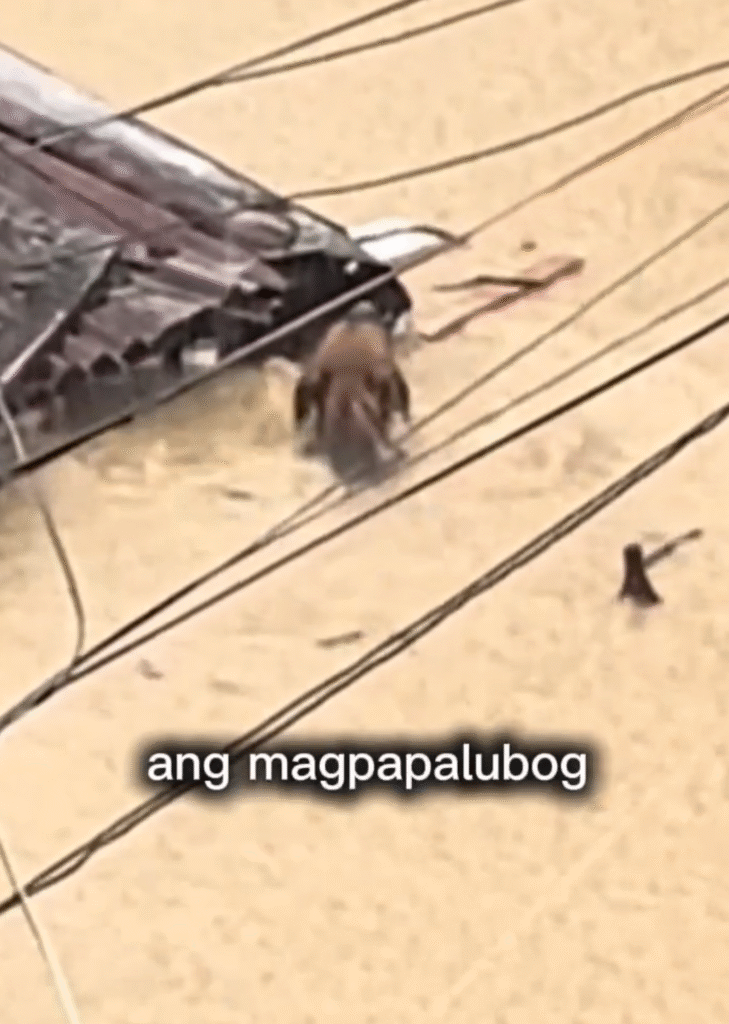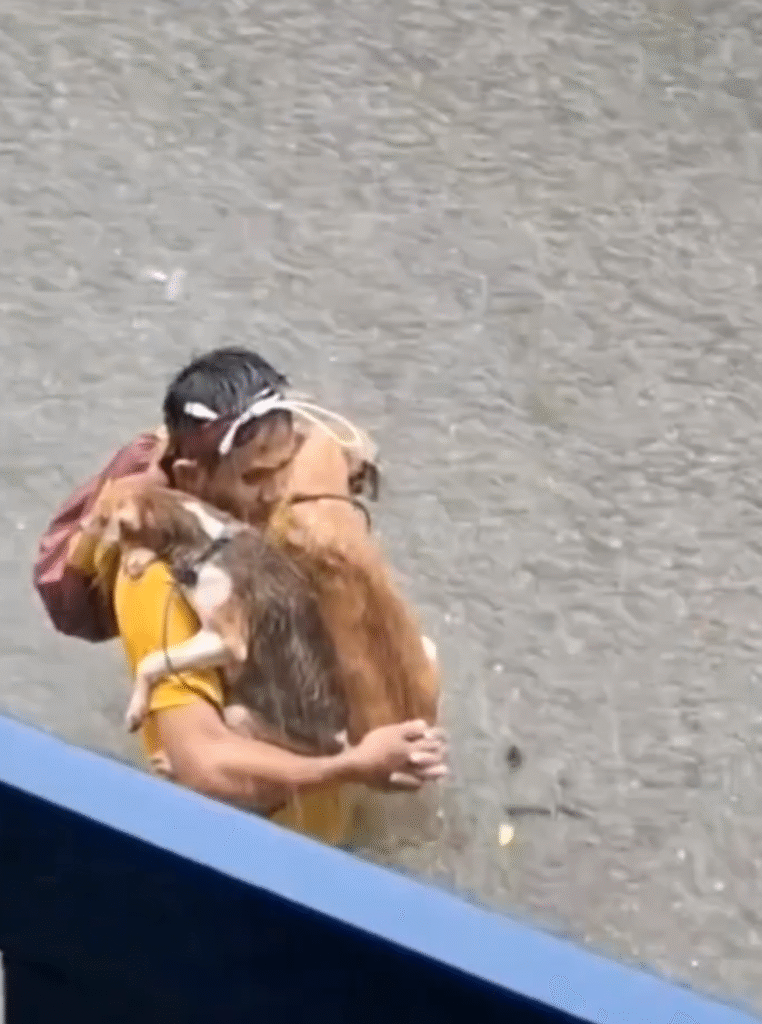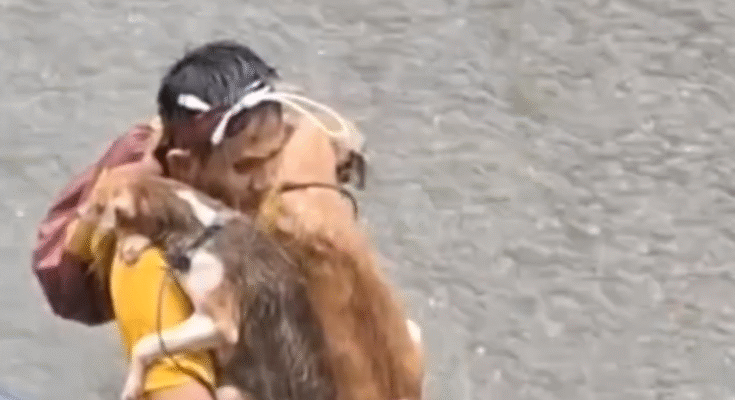When people talk about problems in society—pollution, deforestation, climate change, war, or even careless daily habits—the conversation usually revolves around how humans are affected. We ask questions like: Will this harm our health? Will it damage our economy? Will it shorten our lifespan? While these concerns are valid, there is a much larger truth that often goes ignored: we are not the only ones affected. Every careless decision we make ripples outward, disturbing ecosystems, animals, and future generations. And if we continue down this path knowingly, then yes, we should be ashamed.

Ignoring the Invisible Victims
Think about the plastic bag you tossed away, the water you let run wastefully, or the tree cut down to make room for yet another concrete building. To you, it might feel small and insignificant. To another living being, it could mean the difference between life and death.
Marine animals choke on plastic bottles. Birds mistake shiny wrappers for food. Forest creatures lose their homes when we burn fields for fast farming profits. Yet we rarely pause to recognize their suffering. They cannot march in protest, they cannot write petitions, and they cannot sue us in court. But they feel hunger, pain, and fear, just as we do.
When humans destroy habitats for short-term gain, we do not just inconvenience animals—we condemn them to struggle for survival in a world that once sustained them naturally.

The Chain Reaction We Choose to Ignore
It is easy to believe that what happens to animals or plants has little to do with us. But nature does not work in isolation. It works in chains and cycles.
Kill off the bees, and you lose pollination. Without pollination, crops suffer. Without crops, farmers face bankruptcy, food becomes scarce, and prices rise. Suddenly, the problem of “just insects” becomes a crisis that affects millions of people.
Pollute rivers with toxic waste, and fish populations collapse. That loss then threatens the livelihoods of fishermen, reduces a community’s protein source, and spreads unemployment and hunger.
This is the truth that too many people ignore: when “they” suffer, we suffer too. The destruction we justify as progress eventually circles back and knocks on our door.
Convenience Over Responsibility
Modern life is built on convenience. Fast food, single-use packaging, cheap clothing, and gadgets that are outdated in a year. The hidden cost of this convenience is staggering.
- Fast fashion: For every cheap shirt we buy, rivers in Asia are polluted with dye, and workers suffer in unsafe factories.
- Single-use plastics: For every straw or cup tossed, a turtle suffocates or a seabird starves with a stomach full of garbage.
- Fast food demand: For every burger consumed, forests are cleared to make way for cattle farming, leaving orangutans and countless species homeless.
When we enjoy these conveniences without guilt, we are effectively saying: our comfort is worth more than their survival. That is not progress; it is arrogance. And it is something we should be deeply ashamed of.
The Myth of “Someone Else Will Fix It”
Many people excuse themselves by saying: “I’m just one person, what difference can I make?” This mentality is dangerous because it leads to collective inaction. If everyone shrugs off responsibility, then nobody makes the effort to change.
The truth is, every single action matters. Every purchase is a vote. Every meal is a statement. Every habit either contributes to destruction or contributes to healing.
- Refusing single-use plastics reduces demand.
- Supporting eco-friendly businesses pressures industries to shift.
- Conserving water and electricity lowers strain on natural resources.
- Choosing plant-based meals even a few days a week decreases deforestation linked to livestock.
The excuse of being “just one person” fades when you realize that society is built on individuals. Change begins with one, then inspires another, and then another.
Their Silence is Not Their Consent
One of the reasons humanity gets away with so much exploitation is because animals and ecosystems cannot resist in ways we recognize. A polluted ocean does not speak words of complaint, but it screams through dying coral reefs and fishless waters. A starving polar bear wandering into human settlements is a desperate cry for help. The silence of trees being cut down is not consent; it is our refusal to listen.
Just because they cannot articulate their suffering in our language does not mean their suffering is less real. If anything, it magnifies our responsibility—because we are the ones with power, intelligence, and choice.
A Matter of Conscience
At the heart of this issue lies conscience. Humans like to believe we are the most intelligent species on Earth. If that is true, then intelligence should be matched with empathy and foresight. What good is a brilliant mind if it only invents ways to consume and destroy faster?
Ask yourself: Would you poison a neighbor’s well if you knew their children drank from it? Would you bulldoze their house just to build a bigger driveway for your car? Of course not. So why do we feel no shame when we poison rivers, burn forests, and wipe out habitats where countless creatures live?
Our conscience should not only extend to humans we can see. It should extend to every living being affected by our choices.
Looking Toward the Future
Some argue that environmental problems are exaggerated, or that technology will save us in time. But technology cannot resurrect extinct species. It cannot recreate the exact balance of ecosystems destroyed by greed. It cannot reverse the suffering already inflicted.
What we can do is choose differently—today. Every small act of kindness toward the planet and its inhabitants adds up. Recycling, reusing, refusing unnecessary consumption, supporting conservation efforts, and teaching children respect for all life—these are seeds of change.
Imagine a world where instead of teaching children to chase wealth at any cost, we teach them that the true measure of success is how gently we live upon the Earth. That is the kind of future that would make our intelligence truly meaningful.
Conclusion: Shame as a Catalyst
Shame is often seen as negative, but it can be a powerful motivator. If we feel ashamed of how much we waste, how carelessly we consume, and how little we consider other creatures, then that shame can drive us to change.
The next time you throw something away, leave a tap running, or buy something you don’t really need, remember: we are not the only ones affected. The forests, rivers, skies, and animals are paying a heavy price for our choices.
If we ignore their suffering, then shame is not only deserved—it is necessary. Because only when we acknowledge our guilt can we begin to build a world where all life, not just human life, has a chance tothrive.



